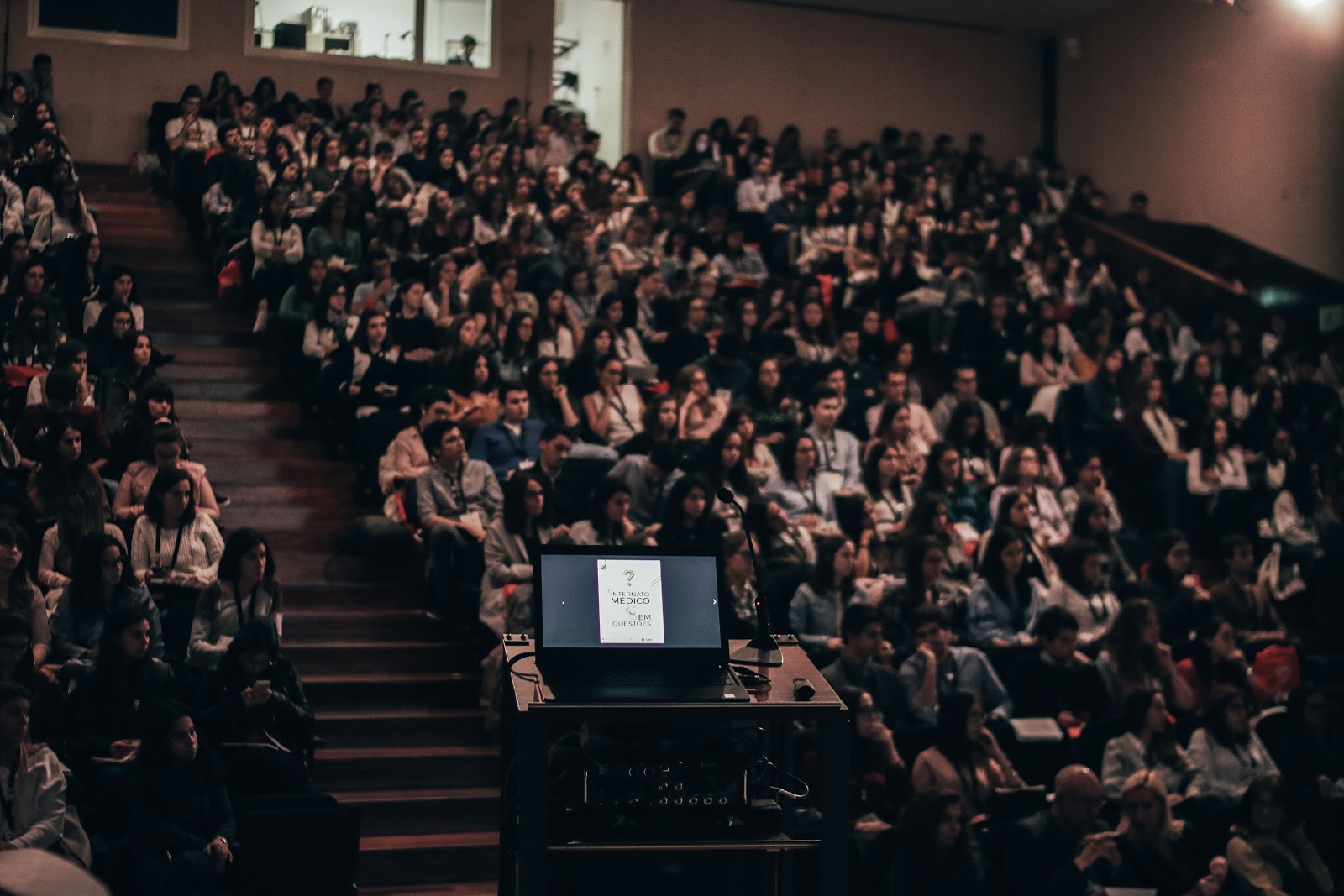Imagining sitting in high school having to go to the washroom and needing to raise your hand to ask if you can. Now, imagine two months later sitting in a dorm room being told, “Pick your future. Pick what you want to study and do for the rest of your life.” While it is a seemingly outrageous increase in independence, for many this is a reality. This large jump in autonomy new university students face is critical to defining how they handle “adulting”. Some flourish and are quickly able to get over the steep learning curve of being independent, but others quickly drop off and develop unhealthy habits.
Arriving at university can be a very challenging experience for some, and raises the question of whether we are prepared enough for this change? Throughout the majority of people’s high school experience, they are told where to go, what to do and who to be. Any way you paint it, our lives were defined by having something to do and people to tell us how to do it. Then suddenly, we’re far away from home, on our own, and, possibly a little scared and confused.

In high school when the graduated kids would come back to say hello to their old teachers, I remember them all saying the same thing; “You think it’s hard now, just wait until university”. If high school is only preparing us to get into university but not what to do after, then how is it beneficial to our education? This idea of controlled independence is a false sense of security. You come into university expecting you know how to run your education. Although, once arriving it’s completely different. The number of times I’ve heard the phrase, “I’ve had to completely re-learn how to study,” or “I’m exhausted I was up till 4 am studying for my exam,” or even, “I don’t understand how some people are handling this, I feel like I’m drowning”. Not only are these phrase alarmingly common in the young academic community, but they’re also strikingly true. We’re taking this leap of independence into impending adulthood thinking we know what’s coming, but once we’re there that we’re not even close to prepared.
To get into good universities you need to be smart. Not a well-rounded individual smart, but good at memorizing information smart. The fact that we value straight-A students over students who are independent truly shows why so many “smart” kids are struggling in real life. Numerous students are only being prepared to pass the hurdle of acceptance into university, and then once there, realizing skills that they should have been developing for years have to be developed in a manner of months. You have to learn how to take care of yourself while balancing school, activities, and work and while many had previously believed, “I know how to care for myself”, one arrives at the stark realization that this isn’t true.
At university, you have to make mistakes and understand the consequences because before someone was there to fix it for you, but now you’re on your own. Due to this, students are learning, in a harsh manner, that all our years of education have really only taught us a few things. 1) Our school system’s definition of education was very limited. It covers areas within the academic spectrum of sciences and the arts (ie. writing essays and analyzing Shakespeare) but doesn’t teach us important tactics to tackle difficult academic or real-life issues. 2) We were taught to deem our grades as more important than our physical well-being. This truly shows in university when students are stretching themselves to their limit to get a good grade. 3) Our experiences were so limited that we never got to truly see what we were good and bad at. People always say that when students arrive at university they can see what they truly love.
While yes, learning about science and how to write a killer essay is important to someone’s academic life, life itself is more than academics. We should be valuing life skills as much as we value academic skills; teaching children more than just how to memorize facts. Generations are being failed as vital skills, such as dealing with mental health and being comfortable on doing things on your own, are quickly brushed over. Students don’t have the ability to learn these skills on their own before they’re placed into an environment without a net. While living at home one should be granted the independence to learn these skills and fail, but then be guided to the right solution. Instead, we aren’t taught these skills, we’re treated like children and then we’re placed in an environment where we are just a number and it becomes much harder to develop individually.
We are knowingly introduced into a steep learning curve and instead of prepping new university students with the skills they’ll need, we are told we are children who can not make our own decisions one month and the next told that we need to plan out our whole life. By gaining independence even in small doses at a younger age we are slowly introduced into the idea of being an individual, instead of experiencing the jarring juxtaposition between high school and university.




